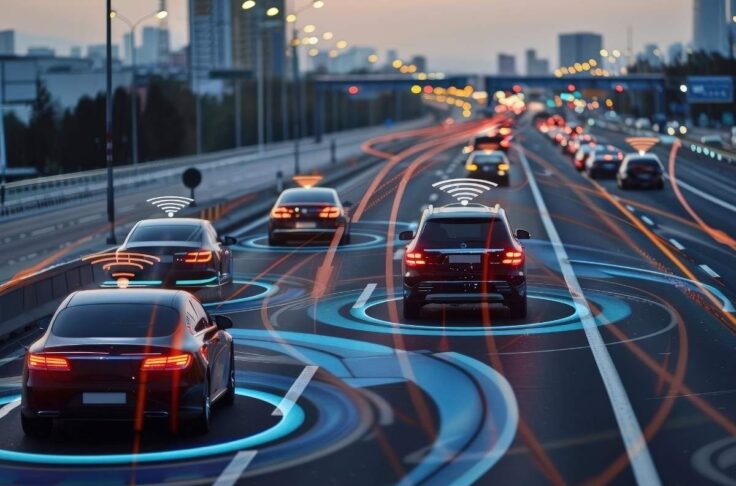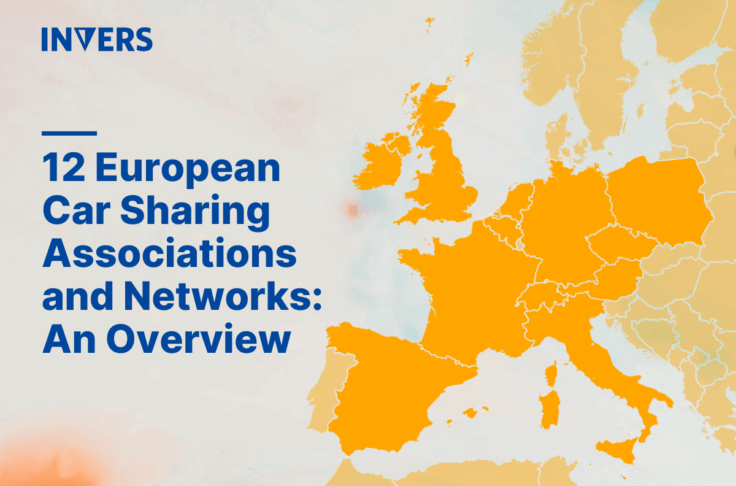What is Peer-to-Peer Carsharing?
Summary
Peer-to-peer carsharing is evolving as a way to get people to share their personal vehicles with others. Instead of handing over keys in person, this type of shared mobility can be automated and accomplished more conveniently with the right technology.

For example, Drivy, a peer to peer service operating in Europe, understood the need for additional convenience and worked to identify the opportunity to create a better key exchange process. As a result, Drivy created a premium option in their peer to peer service – Drivy Open. By installing in-car hardware, vehicle keys can be kept securely in the vehicle. Users who have the vehicle booked can access it through an app, removing the need for a physical exchange of keys. For the driver, they know when the vehicle gets picked up and returned. All this is able to happen seamlessly via the Drivy app.
Technology has enabled a wealth of shared mobility options, including peer to peer services. Growth in this industry is just beginning, and there is still opportunities to expand to new markets or add features to existing services.
Related Posts

Car Sharing, Shared Mobility, Technology
Connected Cars in Shared Mobility – A Future Vision for 2035
By 2030, up to 95% of new vehicles sold worldwide will be connected cars - meaning they will be able to communicate with external devices. In this article, we dive into four car sharing use cases to discover how technology might change our mobility behavior in the future.

Car Sharing, Expert Interviews, Shared Mobility
Insights Interview on Car Sharing in South Korea
We interviewed Jieun Choi, Head of Marketing Department of G car, about the history of the South Korean market, synergies to other mobility markets, the South Korean regulatory framework and the future of car sharing in South Korea.

Car Sharing, Shared Mobility
12 European Car Sharing Associations and Networks: An Overview
Over the years, several car sharing associations and networks have emerged across Europe. Their goal: Helping operators in their country to grow their business. Here is a list of 12 important addresses you need to know.